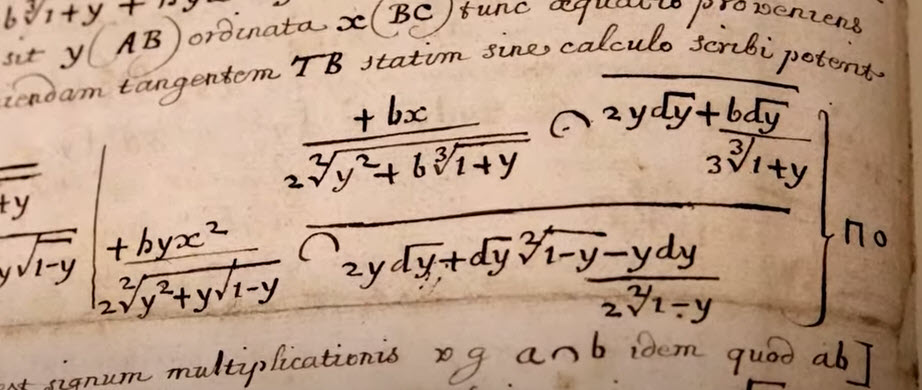Feedback from the publication of Easy EVM has highlighted how little most managers and project controls people understand about the methodology. In one respect, this is surprising given its some 55 years since Earned Value Management (EVM) was introduced in its current form. Although, given the almost impenetrable sequence of acronyms used by EVM expert’s to explain things, maybe this lack of general appreciation of the power of EVM is understandable.
Six of the biggest gaps in understanding are:
- EVM is a performance management system based on measuring the value of work performed, its sole purpose is to facilitate better management decision making
- EVM is NOT a financial accounting system, project cost control tool, or an incentive payment system, but does need information from the project’s accounts
- EVM is NOT a scheduling system, but does need information from the scheduling tool
- The Work Breakdown Structure (WBS) and WBS Dictionary is the heart of the EVMS
- EVM is a lot more than simple ‘S-Curves’
- EVM requires traceability and auditability
Implementing an EVM system requires appropriate tools, one of the biggest mistakes being to try running an EVMS in a scheduling tool – this is a recipe for disaster! The schedule is focused on time, the EVMS on value, these are very different measures of performance and need different systems to operate effectively.
These six points are expanded in our latest published article: Earned Value Management – Six things’ people don’t get! (click to download)
One of my objectives in writing Easy EVM was to cut through much of the unnecessary complexity and provide a straightforward guide to the value of using EVM on larger projects, see: https://mosaicprojects.com.au/shop-easy-evm.php





